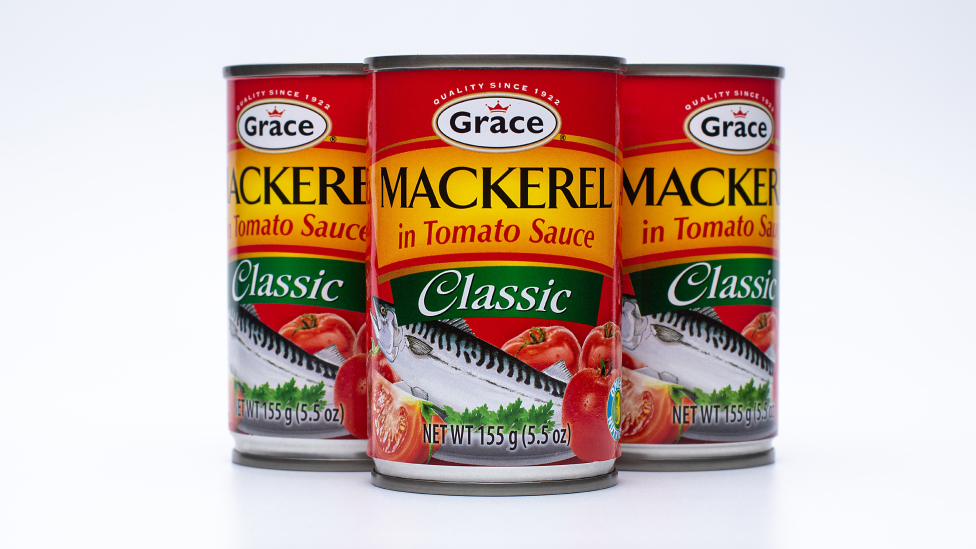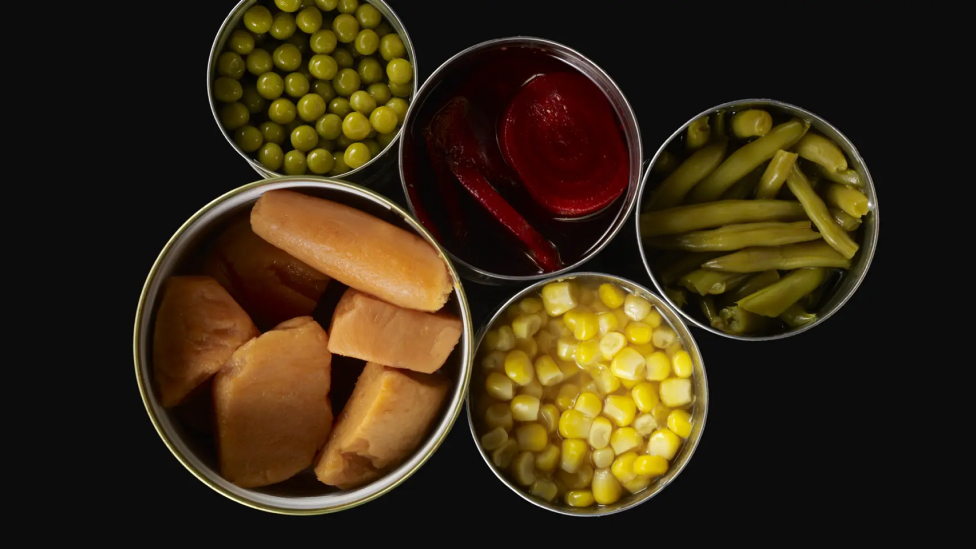The invention of the tin can marked a significant milestone in the history of food preservation.

This article explores the origins of the tin can, the key individuals involved in its invention, and the transformative impact it had on the way we store and consume food. From its humble beginnings to becoming a ubiquitous household item, the tin can revolutionized food preservation and shaped the modern canning industry.
1. The Need for Effective Food Preservation:
Throughout history, societies grappled with the challenge of preserving food to ensure its availability during times of scarcity or for long journeys. Prior to the tin can, various methods such as salting, smoking, and pickling were employed. However, these methods had limitations in terms of longevity, portability, and overall food safety.
2. Peter Durand and the Patent:
In 1810, Peter Durand, an English merchant, obtained a patent for the preservation of food in tin-plated iron cans. Inspired by the work of Nicolas Appert, who successfully preserved food in glass jars, Durand recognized the need for a more durable and portable alternative. His patent laid the foundation for the mass production and widespread use of tin cans.
3. Bryan Donkin and the Commercialization of Tin Cans:
Bryan Donkin, an engineer, played a pivotal role in the commercialization of tin cans. In 1813, he established the world's first commercial canning factory in London. Donkin's factory produced a variety of canned goods, including meat, fish, vegetables, and fruits. This marked the beginning of large-scale canning operations and the birth of the canning industry.
4. Early Challenges and Innovations:
The early tin canning process faced several challenges. The initial cans were handmade and required considerable effort to produce. However, advancements in manufacturing techniques, such as the use of machinery for can production, greatly increased efficiency and lowered costs. This led to the rapid expansion of canning facilities and the availability of canned products to a wider audience.
5. Preservation Benefits of Tin Cans:
The invention of the tin can offered several advantages over previous preservation methods. Tin cans provided a hermetically sealed environment, protecting the contents from air, moisture, and microbial contamination. This significantly extended the shelf life of perishable goods, making them suitable for long-term storage and transportation.
6. Impact on Exploration and Expeditions:
The tin can played a crucial role in facilitating exploration and expeditions. During the 19th century, canned provisions became a staple for explorers, adventurers, and military expeditions. Notably, the tin can was an essential component of provisions carried by explorers like Sir John Franklin and his ill-fated Arctic expedition in the mid-1800s.
7. Technological Advancements:
As the demand for canned goods grew, so did the need for technological advancements. Innovations in can manufacturing machinery, such as the development of the first successful can opener by Ezra J. Warner in 1866, further improved the accessibility and convenience of canned food. These advancements streamlined the canning process and enhanced the overall consumer experience.
8. Evolution of Tin Can Design:
The early tin cans were cylindrical in shape and required a hammer and chisel to open. However, the design of tin cans evolved over time. In the mid-19th century, John Mason patented the Mason jar, a glass jar with a threaded neck, which allowed for easier sealing and resealing. This innovation improved the usability and reusability of canned products.
The invention of the tin can revolutionized the way we preserve and consume food. From Peter Durand's patent to Bryan Donkin's commercialization efforts, the tin can became an essential tool in ensuring food security, extending shelf life, and enabling exploration. The technological advancements and design improvements that followed further enhanced the accessibility and convenience of canned food. Today, the tin can remains an enduring symbol of food preservation, representing the ingenuity and innovation of those who sought to overcome the challenges of preserving food for future generations.



采访刊发中国罐头⾏业-01.jpg)

